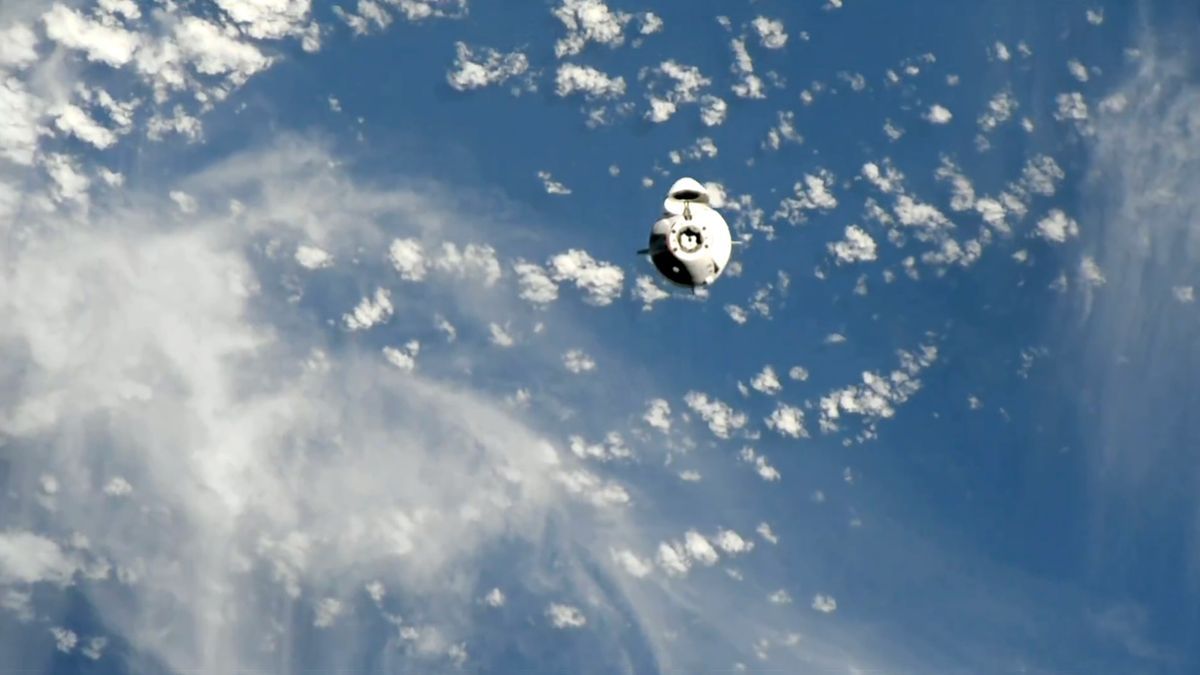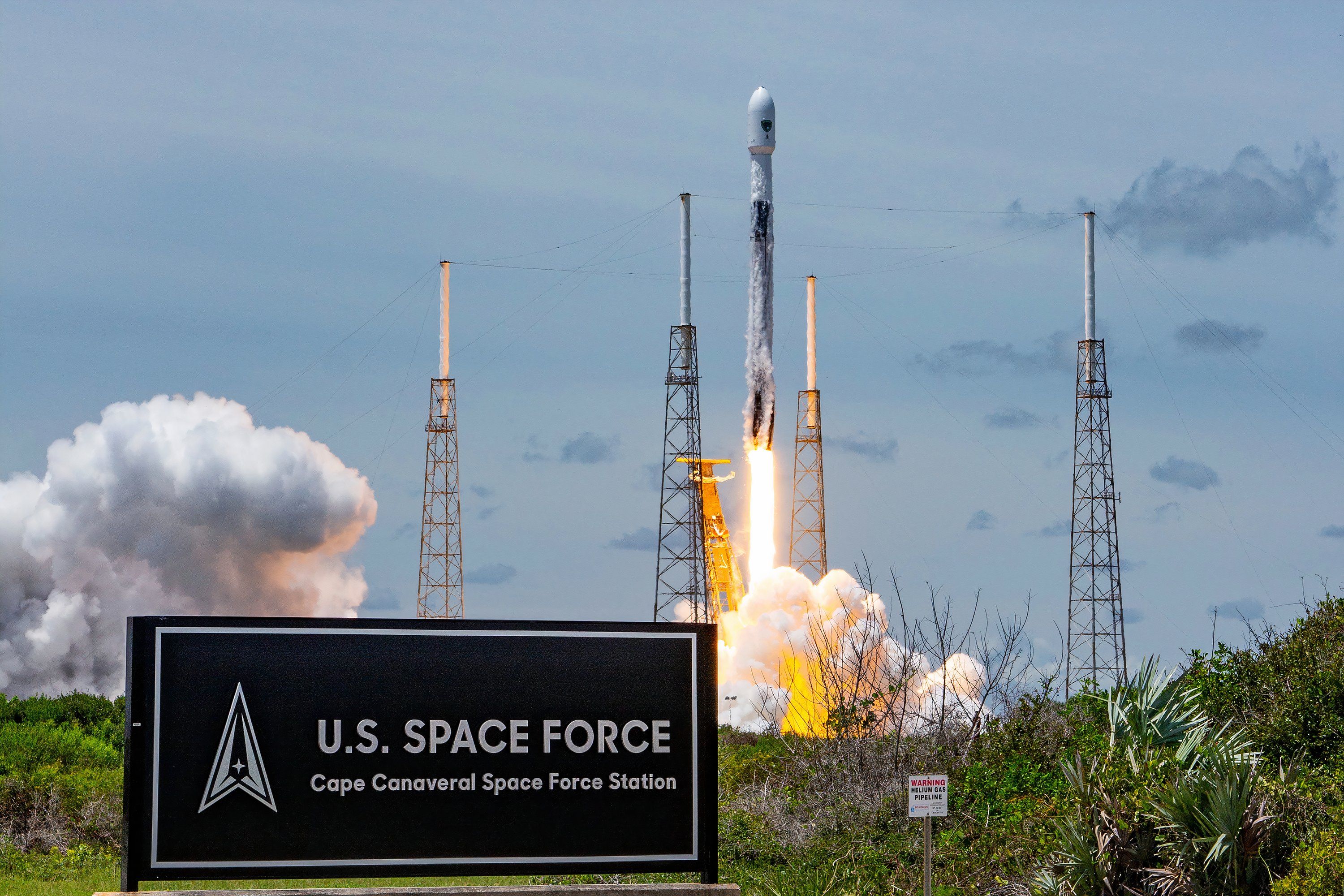Astronaut Nick Hague has become the first Space Force Guardian to launch into space following the successful SpaceX Dragon Crew-9 launch to the International Space Station (ISS) this weekend. The US Space Force (USSF) Colonel traveled alongside Russian cosmonaut Aleksandr Gorbunov and two empty seats, which are reserved for the return of NASA astronauts Butch Wilmore and Suni Williams.
First Space Force Guardian space launch
Hague was in command of the Crew Dragon spacecraft during its launch from Space Launch Complex-40 (SLC-40) at Cape Canaveral Space Force Station in Florida on Saturday afternoon. The mission was the first crewed spaceflight out of SLC-40, and also a significant milestone for the US Space Force, with Hague becoming the first serving USSF member to go to space.
A SpaceX Falcon 9 rocket carrying the Crew Dragon launched at 13:17 EDT on Saturday before docking with the ISS at 17:30 EDT on Sunday. Hague will be spending approximately five months in space before returning to Earth with Gorbunov, Williams and Wilmore in February.
Photo: SpaceX
NASA deemed Boeing’s Starliner spacecraft – which suffered a series of control thruster problems and helium links during its journey to the ISS in June – too risky for a crewed return to Earth, opting instead to bring Wilmore and Williams home on the Crew-9’s terrestrial return in February 2025.
Photo: US Space Force
The Crew 8 team – consisting of Matthew Dominick, Mike Barratt, Jeanette Epps and cosmonaut Alexander Grebenkin – remain on the ISS and are scheduled to return on October 7th.
Upper stage rocket malfunction
After it separated from the Crew Dragon spacecraft, the Falcon 9 rocket’s upper stage did not fire as intended during its deorbit burn, leading to a successful but off-target landing in the ocean. SpaceX said in a post on X,
“After today’s successful launch of Crew-9, Falcon 9’s second stage was disposed in the ocean as planned, but experienced an off-nominal deorbit burn. As a result, the second stage safely landed in the ocean, but outside of the targeted area.”
The Federal Aviation Administration (FAA) said it is aware of “an anomaly” during the mission and will require an investigation. SpaceX has now suspended Falcon 9 flights while its engineers investigate the latest problem – at this stage, it’s unclear whether upcoming missions, such as the European Space Agency’s Hera launch or NASA’s Europa Clipper probe in roughly a week’s time.
Photo: USSF
This is the second time a Falcon 9 upper stage has malfunctioned in recent months. The other incident occurred in July and led to the loss of 20 Starlink satellites after the Falcon 9s upper stage failed its second burn, leaving its payload at a lower orbit than desired. SpaceX also experienced an issue with a first stage landing in August, which toppled over during landing and fell into the Atlantic Ocean.



